In 2016, in collaboration with Heritage Lottery Fund, the RSA launched the Heritage Index– a tool which aims to give people a richer understanding of their place, and inspire people to get involved in shaping our towns and cities of the future. On the back of this work, RSA Fellows have established a network to help share and develop good practice in using the Heritage Index and engage communities with Networked Heritage principles.
Since we launched the Network in January this year we have had over 350 people register their interest in participating. The network is made up of a varied group of passionate heritage advocates, including sector professionals with decades of experience; community activists tirelessly preserving their local heritage assets; and people with a broad interest in how heritage shapes their community. This diversity is reflected in the Fellows leading the network, Chaired by Isilda Almeida Harvey FRSA and supported by a group of dedicated Heritage Champions who will be helping to connect and support members of the network across the UK. In this blog, four of our sixteen Heritage Champions share a little bit more about themselves and what makes them passionate about the sector.
Taryn Nixon FRSA, Heritage Champion based on Dartmoor in Devon (South West)
Twitter: @TarynNixon
The nature of work and communications are changing so fast that it seems more urgent than ever to create the space for people to connect, to talk and think out loud, and shape and build great ideas for the future.
I’ve worked with teams small and large. I started my working life as a field archaeologist, captivated by the wonders of Upper Palaeolithic rock shelters in the Dordogne. I went on to land a seven year archaeological survey and heritage management review of the territory of Hong Kong. And for nearly twenty years, I was Chief Executive at Museum of London Archaeology, where I worked with an amazing team of over 300 heritage specialists, delivering archaeology and built heritage services as part of the planning framework and always with the goal of creating real benefit and social value.
I now work as an independent cultural heritage adviser, consultant and non-executive, and am as passionate as ever about making heritage work – harnessing the power that heritage has to engage and strengthen civil society for a better future. People make things happen, and the creative energy when good people come together never fails to blow me away. So, a network of heritage-focused people across the RSA is a must! I’m particularly interested in how the network might help to explore alternative heritage management frameworks at a local level, and forge stronger links with the natural environment and other sectors toward a more integrated approach to cultural capital.
David W. J. Gill FRSA, Heritage Champion based in Ipswich (Central England)
I am Professor of Archaeological Heritage and Director of Heritage Futures at the University of Suffolk, and Honorary Research Fellow in the School of History at the University of East Anglia (UEA). The university is working with Suffolk County Council to create The Hold, a new heritage centre that will house the county’s archives, based on the Ipswich waterfront campus. We will be using a range of technologies to deliver the richness of the collections across the county. I am a member of the Suffolk Strategic Heritage Forum that brings together a range of county-wide heritage organisations. As part of the Suffolk Business School, I am considering the economic benefits of heritage for the county and the region. From the university building I can see a number of medieval church towers as well as remains of the 19th century wet dock: the Anglo-Saxon ship burial site at Sutton Hoo is minutes away.
I grew up in Hampshire, and the Roman remains at Silchester were part of my early heritage landscape. I am passionate about preserving heritage for future generations. Part of my research has been on the return of cultural property for which I received the Outstanding Public Service Award from the Archaeological Institute of America in 2012. In Swansea I helped to create the Egypt Centre that houses the Egyptological collection of the pharmaceutical millionaire Sir Henry Wellcome; this project engaged with children and encouraged an active volunteer programme. Earlier in my career I was a curator at the Fitzwilliam Museum in Cambridge; my biography of Winifred Lamb, honorary keeper of Greek antiquities during the inter-war years, is due to be published in September 2018.
Rowena Willard-Wright FRSA, Heritage Champion based in Maidstone (South East)
The pleasure of working in the heritage sector, is that you continue to discover new passions. Whilst working for English Heritage I had responsibility for a wide range of sites, including a Regional Seat of Government - built in the 1960s to provide a shelter for a section of government charged with resurrecting this country after nuclear war, sparking my passion for this area of history.
Cold war artefacts and buildings were often intended to be hidden, which makes the process of understanding them even more compelling and revealing of our country’s role in what is a dynamic and on-going part of international history. After fifteen years working in this area as a curator, I am intending to work on a doctorate, looking at the Cold War’s place in the context of Britain’s wider history.
Heritage, whether obvious and well known, or hidden, yet compelling, is vitally important in shaping our future relationships with where we live and our place in the world. What we choose to save through understanding, recording and preserving our history, reflects on who we have been as a generation.
Being involved in those choices should be a national dialogue and the RSA’s Heritage index helps open up the conversations to a much wider audience. Also, hopefully, with the RSA heritage champions having their own specialisms and contacts within the professional sector, we can provide access to national networks of expertise for individuals and communities who want to actively promote and preserve their local heritage.
Helen Paul FRSA, Heritage Champion based in Southampton (South West)
I am an economic historian based at the University of Southampton. I became involved in public engagement and heritage work when I was asked to contribute to other people’s projects or broadcasts. Then I began to apply for specialised funding to run my own projects. They include: work for a National Trust site (Fountains Abbey and Studley Royal); a project about the East India Company for the British Library, and several ‘history of slavery’ projects. Recently, I have been working with a local history group in Winchester called Hyde900. We are investigating the history of a now-demolished prison or Bridewell in the north of the city.
I was fortunate to grow up in an area with easy access to a large range of heritage sites. Newcastle upon Tyne has a rich industrial heritage and Northumberland has substantial Roman remains, including part of Hadrian’s Wall. There are also a sizeable number of castles. My family loved visiting these places and that started my interest in heritage. Now I am based in Hampshire and have become involved in projects connected to Jane Austen and her time at Chawton. The University of Southampton is also creating MOOCs (massive open online courses) which are free to the public. It has a thriving web science department as well. Online resources can help to broaden access to heritage and allow a different level of engagement. Heritage users are becoming more aware of these types of resource.
If you're a member of the Heritage Network or would like to join, we'd love to hear more about you. Why don't you tell us a little about what you do or what your local heritage means to you below in the comments section?
Have a look at some of our other Heritage Network Champions. We now have representatives in all areas of the UK apart from Scotland. If you are interested in becoming a Heritage Champion for Scotland (or any other area) or have any other questions, please get in touch with us at engagement@rsa.org.uk.
Related articles
-
The Lenox Project - Restoring pride in Deptford’s ship-building history
Helena Russell
The Lenox Project charity aims to build and launch a full-size replica of the Lenox, a state-of-the-art naval ship that was built in 1678 in Deptford and was the first of Charles II’s thirty ships.
-
New rolling bridge regenerating East London’s Cody Dock
Simon Myers
A giant new rolling bridge in East London will reactivate Cody Dock, providing a gateway to community gardens and the Lea River Park.
-
Standing on the shoulders of Giants:- Plaques commemorating and creating for writers warning about war
Neil McLennan FRSA
In 1867 the RSA instigated the commemorative plaque scheme as a way or recognising places linked with figures from history. In 2018 RSA Fellow and Fellowship Councillor Neil McLennan instigated a series of commemorations to mark Scotland’s Great War poets. Now he calls on more fellows to mark people from the past in places of significance to them, especially in this, the year when peace should be commemorated.
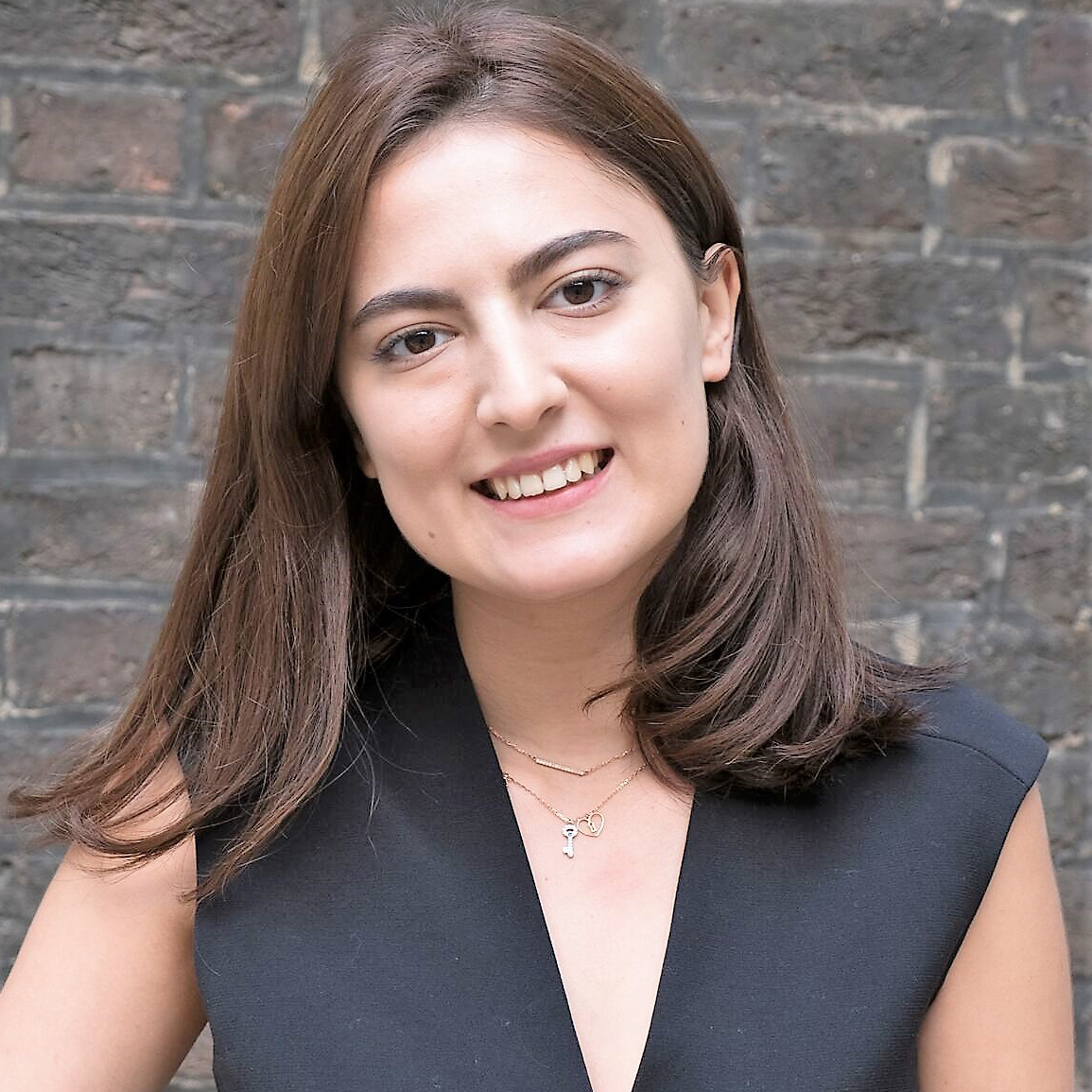
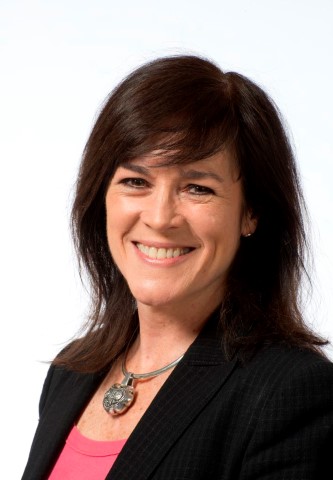
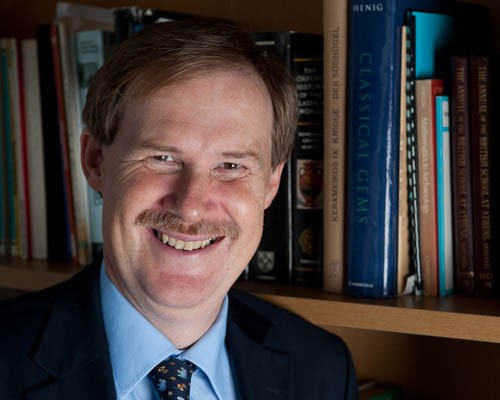
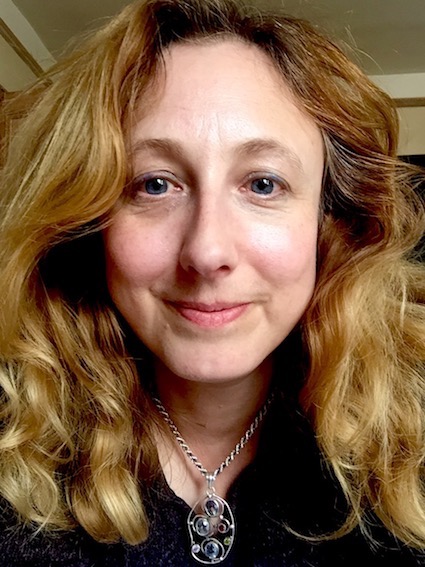
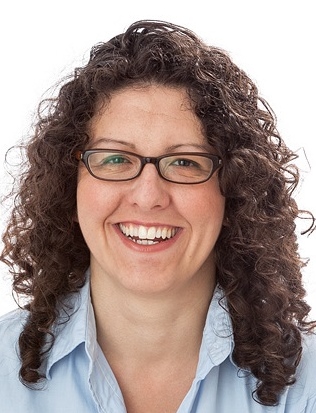

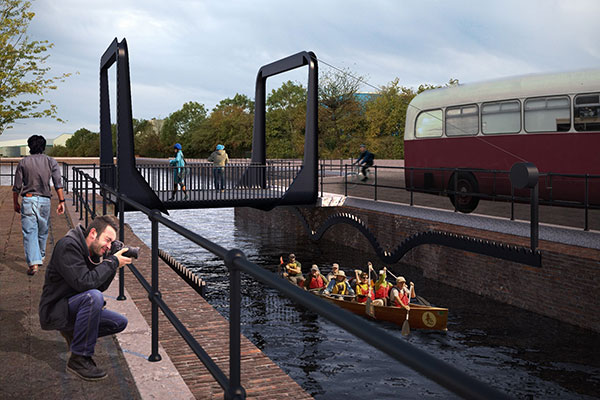
Join the discussion
Comments
Please login to post a comment or reply
Don't have an account? Click here to register.
I live in Sandgate village, near Folkestone Kent, which has a rich heritage of over, 100 grade II listed buildings and a similar number of buildings of local interest.
In a joint venture between Sandgate parish council and the Sandgate Society, the local civic society, (I am member of both) a local village design statement (VDS) has been reviewed and augmented by an appendix supporting the implementation of a local list to provide additional protection for undesignated heritage assets. The VDS identifies key design principles for supporting planning applications in a mix of 'character areas' and is a 'material consideration' in development control.
The VDS and appendix is currently with the district council for ratification in the context of a new district local plan and an emerging heritage strategy which affirms support for local lists and an intention to use the Sandgate VDS as a pathfinder for other parish councils in the district.The VDS also seeks support for a Article 4 Direction to restrict permitted development rights on buildings of local interest to further protect their architectural and historical value.
The civic society has also developed a database to capture all designated and undesignated assets with links to the English Heritage website and a developing photographic archive.
I live in Norwich and am lucky enough to be able to access an incredible range of heritage sites both in the city and the surrounding countryside. I grew up moving around a great deal, always surrounded by books
about local history and places of interest, as well as piles of historical novels passed down to me by my Russian grandmother.
This has developed into a love of creating site specific work, initially as a student at Dartington adapting and directing Don Juan to be performed in the 18th century Batteries on Mount Edgecombe. More recently I have created a series of pop up performances for primary children at a ruined Friary in North Norfolk, and also at Walsingham and Castle Rising, together a new version of some Canterbury Tales which were performed at Orford Keep ( Arras and Czech republic too). I have also worked with singer/songerwriter John Ward to create an installation, performance and book of his epic poem the Iron Bridge, which explores lives and histories of Lowestoft framed through a love story. As a harpist, I regularly perform in beautiful, historic spaces across East Anglia and throughout the UK.. I would be delighted to be an RSA Heritage Champion.